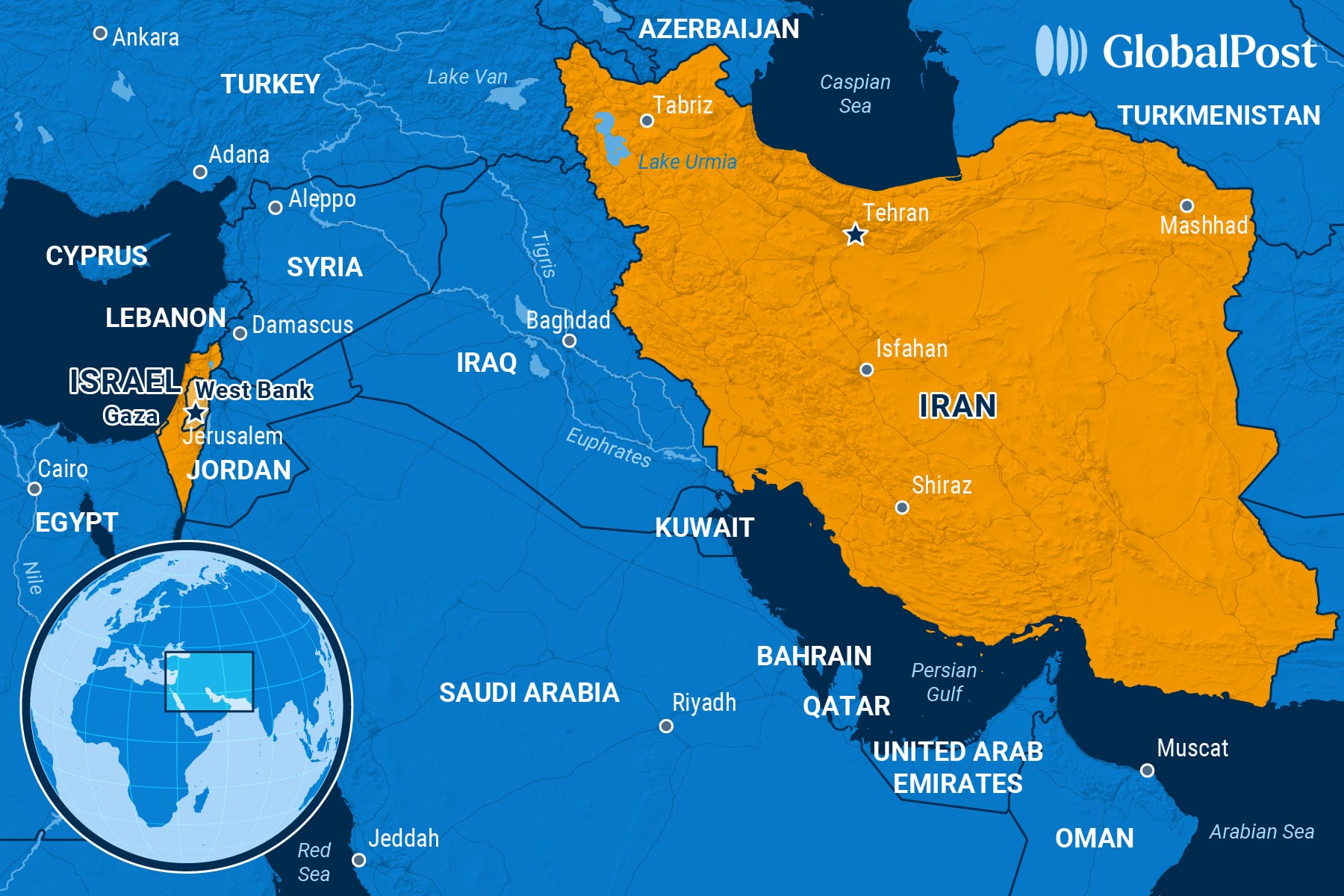Israel Attacks Iran, Kills Top Intelligence Official

Israel attacked Iran’s capital early Friday in strikes that targeted the country’s nuclear program and military targets, killing at least two top military officers and raising the potential for an all-out war between the two Middle East adversaries, the Associated Press reported.
Multiple sites around the country were hit, including Iran’s main nuclear enrichment facility, where black smoke could be seen rising into the air.
The strikes came amid simmering tensions over Iran’s rapidly advancing nuclear program, which the United Nations’ nuclear watchdog this week found in violation of the country’s commitments under the nuclear non-proliferation treaty for the first time in 20 years, the Guardian reported.
Israel confirmed it launched what it said was a “preemptive strike” on Iran’s nuclear program. In a televised address, Israeli Prime Minister Benjamin Netanyahu said the goal of the operation was “to damage Iran’s nuclear infrastructure, its ballistic missile factories and military capabilities.”
US Secretary of State Marco Rubio said that the United States is not involved in the strikes.
The strikes, including on the capital, Tehran, killed Maj. Gen. Hossein Salami, the head of Iran’s Islamic Revolutionary Guard Corps, and other senior officials, according to the Israeli military and Iranian state media.
Iran’s Supreme Leader, Ayatollah Ali Khamenei, warned in response that “severe punishment” would be directed at Israel.
The Israel Defense Forces confirmed Iran had launched more than 100 drones in retaliation for the attacks.
The strikes come ahead of the sixth round of nuclear negotiations between the US and Iran in Oman on Sunday.
On Wednesday, the UN’s International Atomic Energy Agency (IAEA) passed a resolution to censure Iran for repeated violations of the treaty, citing Tehran’s refusal to explain nuclear activities at undisclosed sites since 2019, and its stockpiling of uranium enriched to 60 percent – near weapons-grade levels.
The motion paves the way for the possible reimposition of UN-wide sanctions on Iran later this year by European powers.
Iran began boosting its nuclear program shortly after the first Trump administration withdrew the US from the 2015 nuclear deal in 2018.
That agreement stipulated that Iran would curtail much of its nuclear ambitions and open its facilities to international inspections in exchange for sanctions relief.
Following the IAEA’s findings, Tehran announced the construction of a new enrichment center and plans to replace first-generation centrifuges at one of its facilities with advanced sixth-generation models.
The country has insisted on its right to enrich uranium under IAEA supervision – a stance accepted under the previous Obama and Biden administrations but rejected by the Trump administration.
However, the United Kingdom, France, and Germany cautioned that 60 percent enrichment has no civil justification.
The watchdog’s vote has created urgency for the upcoming US-Iran talks in Oman, where Tehran has insisted on its right to enrich uranium domestically, subject to tighter IAEA monitoring and lower enrichment caps.
Even so, US President Donald Trump has expressed growing skepticism about reaching a deal and accused Iran of slow-walking the process.
Ahead of the diplomatic meeting, Washington had taken precautionary measures in the region this week by ordering the departure of nonessential staff from the US Embassy in Baghdad, Iraq, and authorized similar steps for personnel and families in Bahrain and Kuwait, the Wall Street Journal noted.
Meanwhile, observers have questioned Iran’s claims of peaceful intent.
David Albright, president of the Institute for Science and International Security, told the Guardian that enrichment to 60 percent “does not look like a civil program.” He suggested that Tehran could produce weapons-grade uranium within a week.
Albright added that while Israel has detailed intelligence on Iranian nuclear sites, it may lack the munitions needed to destroy some of the heavily fortified facilities without US support.

Subscribe today and GlobalPost will be in your inbox the next weekday morning
Join us today and pay only $46 for an annual subscription, or less than $4 a month for our unique insights into crucial developments on the world stage. It’s by far the best investment you can make to expand your knowledge of the world.
And you get a free two-week trial with no obligation to continue.
